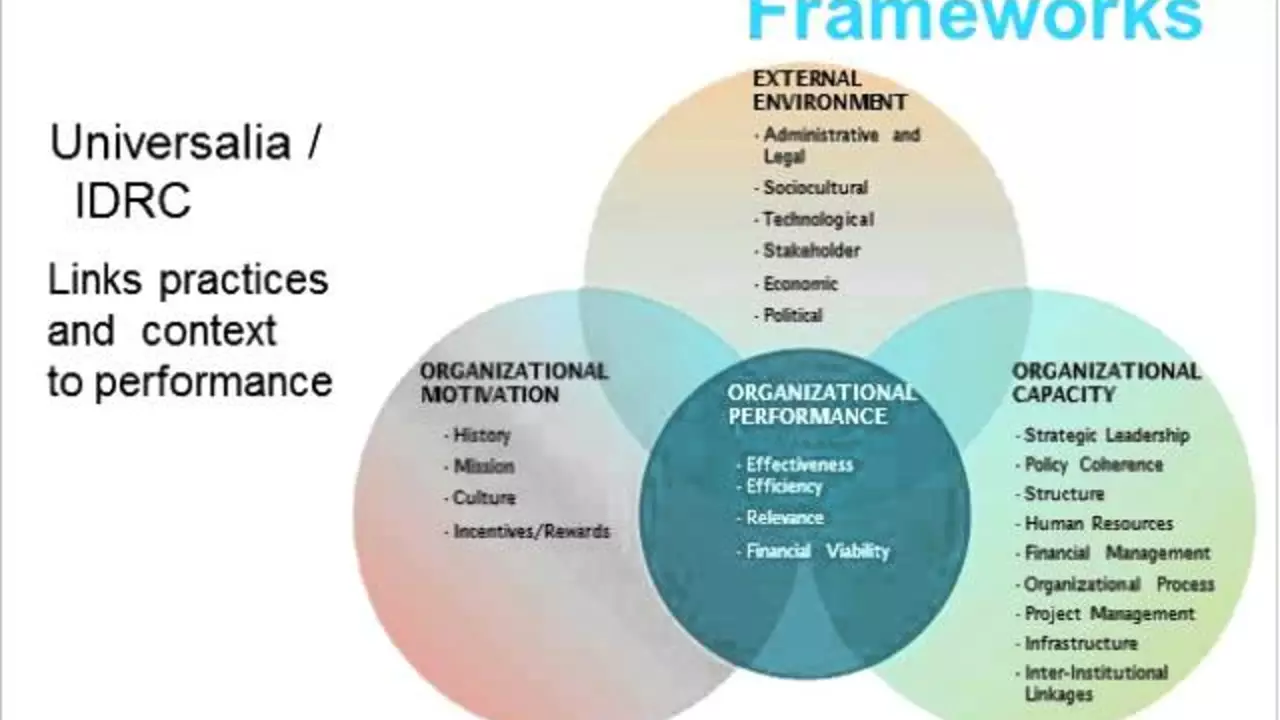Sports performance: simple, practical steps to play better
If you want to get fitter, sharper, and more consistent on match day, focus on a few clear habits. Sports performance isn't magic—it's small, repeatable moves that stack up. Whether you're chasing a spot in a university team, aiming for local selection, or trying to perform in the ISL, these steps will help you improve faster and stay available to play.
Training and recovery that actually work
Train with a purpose. Each session should have one clear goal: speed, strength, endurance, or skill. Mix them across the week so you don't do the same hard work every day. For example, follow a heavy strength day with a light technical session the next day. Track load with a simple log: minutes, intensity, and how you felt.
Recovery wins matches. Sleep 7 to 9 hours, eat a protein-rich meal after training, and hydrate. Use easy active recovery like walking or a light bike ride rather than full rest all the time. If you get sore quickly, add mobility work and short foam-rolling sessions. Consistent recovery prevents small issues from turning into long absences.
Match prep and the mental edge
Prepare like the match starts two days before kickoff. Check the tactics, rehearse set-pieces, and do a short high-intensity session the day before to wake up your legs. Visualize key moments you expect to face—how you’ll move, where you’ll pass, or how you'll defend. Mental rehearsal reduces panic and speeds decision-making.
Keep things measurable. Use simple tests every month: a 30-meter sprint, a beep test or a timed run, and a strength repeat like bodyweight squats to fatigue. Small improvements in those numbers usually show up in games as sharper runs, stronger duels, and better late-game focus.
Talk to your coach and teammates. Performance is partly individual, partly team. If you notice a pattern—like losing shape after the 60th minute or conceding from corners—fix that in training with targeted drills. Clear communication shortens the fix time.
Nutrition matters but don't overcomplicate it. Eat a balanced plate: carbs before long sessions, protein after, and vegetables across the day. On game day, stick to foods you know digest well. If you try a new meal and feel heavy, you learned something important for next time.
This tag on our site gathers practical posts that help Indian athletes: how to enter All India University Games, what selectors look for, local pathways to teams like the Ranji side, and player case studies. Read those pieces for real examples you can copy.
Start small: pick one training habit, one recovery habit, and one mental habit to work on for four weeks. Track it, adjust, and add another habit. Sports performance grows one reliable habit at a time. Keep it simple, stay consistent, and you'll see the difference on the field.
